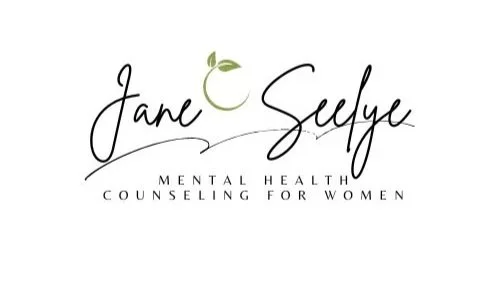Grief That Goes Unspoken: Naming Invisible Losses
Not all grief is obvious. Not all loss is visible.
Some endings have no rituals or goodbyes.
No one stops to say, “That must have been hard.
And so, we don’t always stop either.
We keep going. We minimize. We tell ourselves it’s not a big deal.
But the body remembers. The heart does, too.
This is ambiguous grief, the kind that doesn’t have a clear beginning or end, the grief that often goes unnamed, but never unfelt.
What Counts as a Loss?
Loss can be tangible, a person, a home, or a job. But it can also be subtle, and layered, invisible to others.
You might be grieving:
A relationship that faded without closure
A parent who’s alive but emotionally absent
A version of yourself you had to leave behind
The child you never had, or one who left
A life path that quietly dissolved
A friendship that no longer feels safe
The community you walked away from in choosing yourself
The dream that no longer fits, even though once loved
You might not have had the words for it. That doesn’t mean it didn’t matter. You’re not imagining it. You don’t need permission to feel it.
Why Invisible Grief Is So Heavy
When grief goes unnamed, no one reflects it back, asks about it, or offers space, you carry it alone.
Even after years, the ache can surface, in quiet moments: a tear, heaviness, a sense of disconnection that doesn’t quite make sense.
Unspoken grief can feel like:
Numbness or heaviness
Shame for not “moving on”
Quiet loneliness, even in company
Doubt that your pain is even valid
Yet here’s a truth worth holding:
You don’t need a eulogy to justify what hurts.
You don’t need someone else’s understanding to begin tending your own grief.
You’re Allowed to Grieve What Was Never Acknowledged
Grief doesn’t have to follow a clear narrative. It doesn’t have to look like mourning. It doesn’t require explanation or external validation.
You can grieve:
What was almost
What was never said
What was never given
What was deeply hoped for
What was lost slowly, over time
This is your grief. It matters. And it’s worth tending.
Ways to Tend to Invisible Grief
There is no timeline, no checklist. But if you’re heart is calling, here are a few gentle places to start:
Name It (Even Softly)
Naming grief, even in whispers, helps the body stop bracing against what it already knows.
“That was a loss.”
“This mattered.”
“I’m still carrying this.”
You don’t need perfect words.
Create a Ritual of Your Own
When loss has no public acknowledgment, private rituals can bring a sense of sacredness.
Light a candle for what was never honored
Write a letter you never send
Make space in a journal or a corner for the memory
Walk with the memory, letting it walk with you
The meaning doesn’t need explaining, only feeling.
Let Grief Be Felt in the Body
Grief isn’t only emotional. It’s somatic, moving through the body.
You might notice:
A sigh you’ve been holding
A heaviness that loosens with a tear
A wave of sensation that finally has room to move
Try meeting it with softness, not analysis. Let the body speak, and listen gently.
Be Tender With the Part That Still Hurts
You might find yourself thinking,
“Shouldn’t I be over this by now?”
But grief, especially the kind that never had space, doesn’t follow logic.
Just because the hurt lingers doesn’t mean you’re broken. It means it mattered.
Meet that part of you with compassion. You’re not stuck. That part is waiting to be seen.
Witness, Don’t Fix
There may not be closure or clarity. Grief is not a problem to solve.
But there can be care.
There can be space.
There can be you, sitting beside what was never named, and saying:
“I see you now. You belong here.”
For What Was Quietly Lost, and Still Felt
This is for the grief that had no audience.
The pain that didn’t “make sense.”
The moment that passed without acknowledgment.
It’s not too late to turn toward it.
To speak it aloud.
To let it soften, not disappear.
Because healing isn’t about forgetting.
It’s about making room.
And you get to make room for all of it, even the parts no one else saw.
If you’re carrying a quiet grief that feels hard to name, you deserve space to be heard and held.
Reach out here to schedule a free consultation. You don’t have to grieve alone.
